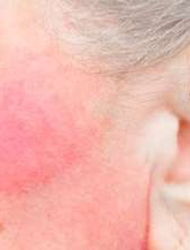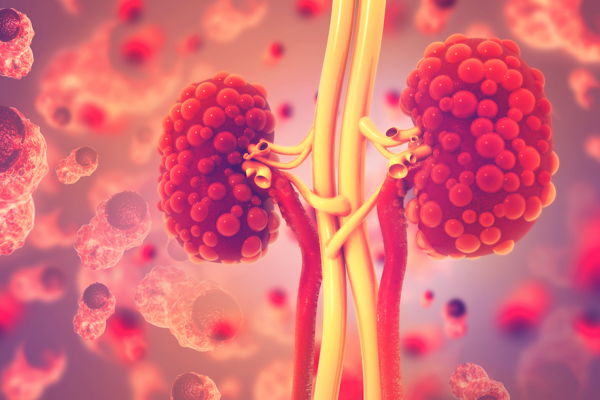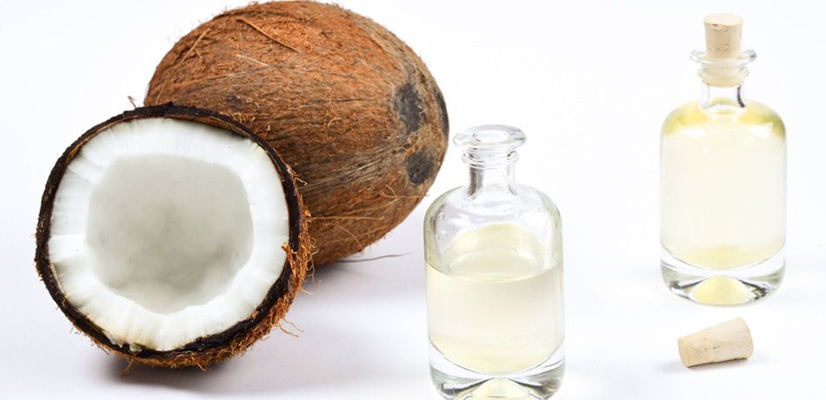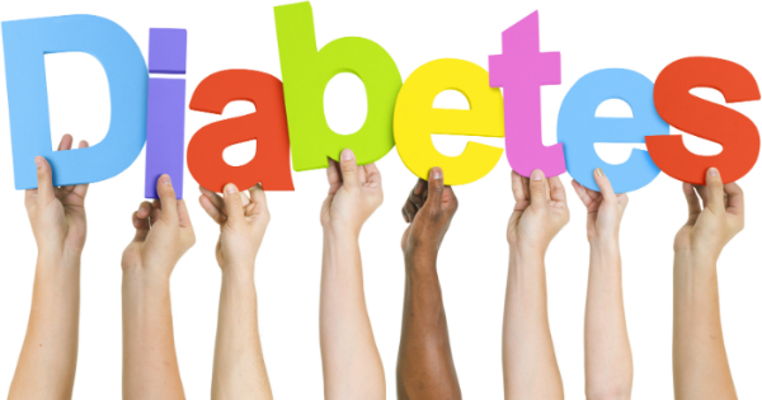10 Things You Need to Know About the Importance of Sleep, Rest and Relaxation
Wednesday June 6, 2018 by Marianne Gutierrez 1,661 words
1. It Can Foster Your Problem-Solving Skills
In various studies it has been found that a particular part of sleep called REM sleep really does help to find resolutions, making the idiom: ‘I’ll sleep on that’ to be a fairly accurate solution to a problem.
Research led by a leading expert on the positive benefits of napping at the University of California, San Diego School of Medicine suggests that Rapid Eye Movement (REM) sleep enhances creative problem-solving. The findings may have important implications for how sleep, specifically REM sleep, fosters the formation of associative networks in the brain.
What is REM sleep? REM sleep forms only part of a healthy sleep pattern, when your brain is active despite being asleep, researchers think this is when you are dreaming and working things out. If woken during REM sleep, you will remember your dream and often it is bizarre.
The two main types of sleep are rapid-eye-movement (REM) sleep and non-rapid-eye-movement (NREM) sleep. On an EEG, REM sleep, often called “active sleep,” is identifiable by its characteristic low-amplitude (small), high-frequency (fast) waves and alpha rhythm, as well as the eye movements for which it is named.
Aidil Akbar / shutterstock.com
2. Healthy Sleep Patterns Balance Blood Pressure
In a study conducted on children between the ages of 11 and 17, it was found that increased sleep duration was associated with decreased hypertension. The study was conducted because of coronary artery disease in adults stemming from high blood pressure in childhood due to poor sleep or a lack of sleep.
In both genders, we found that increased sleep duration was significantly related with decreased prehypertension and hypertension.
A healthy sleep pattern involves going to bed early, when first feeling tired, which can be about 9pm/10pm and getting up when one first wakes up which may be 5am/6am. Teenagers do need to have a healthy sleep pattern as they are still developing; which is why teenagers are so tricky to get out of bed in the mornings, especially if they have not got to bed before 10pm.
Our bodies require sleep in order to maintain proper function and health. In fact, we are programmed to sleep each night as a means of restoring our bodies and minds. Two interacting systems—the internal biological clock and the sleep-wake homeostat—largely determine the timing of our transitions from wakefulness to sleep and vice versa. These two factors also explain why, under normal conditions, we typically stay awake during the day and sleep at night.
Ministock.com / shutterstock.com
3. Sleep Aids Detoxification
The liver follows the circadian rhythm and according to Chinese medicine it does most of its detoxing between the hours of 1am and 3am. Ammonia is a by-product of making energy from proteins, and the liver converts the toxic ammonia to less toxic urea which is released into the blood and transported to the kidneys for excreting in urine.
The circadian rhythms are physical and emotional changes in the body that follow a daily 24 hour cycle. The rhythms respond to light and darkness which is why we sleep at night and we are awake during the day. When the circadian rhythm is upset, the detoxing of the liver is disrupted.
To aid detoxification go to bed when tired and get up as soon as you wake. If you find you are awake between the hours of 1am and 3am it is because the liver cannot detox effectively or has too much to detox making you itchy and fidgety. When you arise, drink hot water and lemon juice or apple cider vinegar in water before eating so that the liver can detox more thoroughly.
The circadian clock is an endogenous biological timekeeping system that synchronizes physiology and behavior to day/night cycles. A wide variety of processes throughout the entire gastrointestinal tract and notably the liver appear to be under circadian control. These include various metabolic functions such as nutrient uptake, processing, and detoxification, which align organ function to cycle with nutrient supply and demand.
Abrym / shutterstock.com
4. Rest Can Reduce Weight
One of the big issues with struggling with weight loss is detoxifying, hence all the detox advice, diet suggestions and supplements that are on the market.
However, most of the advice and detox supplements are not that efficient. The body naturally detoxes itself at night when we are asleep, and healthy foods naturally contain the detoxing elements the body needs.
Therefore, adequate sleep and good relaxation therapies will aid the body in detoxifying itself, thus helping one to lose weight in the process!
Suzanne Tucker / shutterstock.com
5. The Importance of De-stressing
Stress from thoughts, other people and situations cause the body to react. It is called the fight and flight reaction. This reaction tightens muscles, makes the heart beat more rapidly and makes the lungs breath shallowly and quicker, and it also switches off the need to urinate.
This all happens in the twinkling of an eye so that the body can run from the stress or stand and fight. When this reaction happens it is difficult to switch it off and the body may remain in a constant state of stress and anxiousness. The reaction uses elements that if not readily available in the blood are robbed from other areas of the body. To stop the reaction more elements are required. The elements are mainly animal fats and minerals especially calcium and magnesium.
When we relax or take part in relaxation therapies including mindfulness we breath slower and more effectively. Good breathing techniques reduce the cycle of lost minerals, because poor breathing, breath holding and shallow breathing all result in a loss of minerals. Breathing techniques are part of all good relaxation therapies which can reduce the fight and flight reaction.
The symptoms that result from shallow breathing can include all or any of the following: Reduced pain thresholds, a tendency towards becoming easily fatigued, general sense of apprehension and tendency to anxiety, increased tension in accessory breathing muscles leading to chest, neck and shoulder pain and/or stiffness, a tendency to headaches, cramps and spasms, cold extremities, IBS and bladder dysfunction.
Jerfisirin / shutterstock.com
6. Lack of Sleep Is Linked to Depression
Studies have shown that depression and a lack of sleep go hand in hand. Nearly most of the people in a study who suffered from sleeping disorders, such as insomnia and sleep apnea, also reported higher rates of depression than those who consistently get enough rest.
Of all the psychiatric disorders associated with insomnia, depression is the most common. It has been estimated that 90% of patients with depression complain about sleep quality. Numerous studies provide findings indicating the remarkable relationship between sleep alterations and depression.
panitanphoto / shutterstock.com
7. Synchronized Sleeping Can Improve Your Relationship
Sleeping with your partner can improve your relationship - it may sound obvious because the whole point of being in a relationship is to improve and grow as you support each other. But, now it has been shown that touch releases important neurotransmitters which can help with many things from depression to emotional well-being.
Being physically close to someone at any point in the day is liable to make you feel better at any rate, with touching someone releasing dopamine and serotonin, both of which can boost your mood and cure depression. Cuddling your partner throughout the day provides an evident boost in your emotional well being, and the positive hormonal takeaway affects both of you, meaning you’re happier overall, as well as reducing stress levels.
KANNOI / shutterstock.com
8. Rest Improves Mood
There is no doubt that having a good night’s sleep improves mood and energy, but also some rest and relaxation throughout the day gives your brain a chance to stop and reboot itself. The extra sleep will infuse you with some added energy to help you push your way through the remainder of the day.
You probably know that the simple act of napping is full of health benefits. It can help you feel recharged, boost your mood, reduce stress, and more. While napping is something that everyone has done since they were babies, there’s actually an art to it. To do it right, don’t sleep for too long (20 - 30 minute naps are often best) and be sure that you nap at the right time of day. The best hour for most people to nap is between 2:00pm and 3:00pm.
stockfour / shutterstock.com
9. Sleep Improves Immune Function
Even a tiny shift in the amount of hours you usually sleep can impair your immune system. A two-week study conducted in 2009 monitored the development of the common cold after the subjects were administered nasal drops of the rhinovirus. The results showed that the subjects who slept less than seven hours at night were three times more likely to come down with a cold than those who slept eight hours or more.
Poorer sleep efficiency and shorter sleep duration in the weeks preceding exposure to a rhinovirus were associated with lower resistance to illness.”
The VisualsYouNeed / shutterstock.com
10. Poor Sleep Affects Social Interactions
Not only will a lack of sleep leave you exhausted, but it can also hinder your personal relationships, too. A study by Van der Helm, Gujar and Walker in March 2010 found that sleep deprivation reduced the ability to recognize facial expressions of anger and happiness. This is because a loss of sleep impairs the neural systems, making it harder to detect social cues and typical facial emotions.
Sleep deprivation selectively impairs the accurate judgment of human facial emotions, especially threat relevant (Anger) and reward relevant (Happy) categories, an effect observed most significantly in females. Such findings suggest that sleep loss impairs discrete affective neural systems, disrupting the identification of salient affective social cues.
Billion Photos / shutterstock.com

16 Warning Signs of Lupus to Watch Out For
1. Unexplained Fever Lupus can affect everyone differently and some may have …


21 Features of Kidney Disease
1. Dizziness Kidney Disease is when the kidneys are not filtering blood …


Top 10 Foods to Nourish Your Thyroid
Did you know that the food you eat can affect your thyroid health? Some foods …


12 Facts About Your Borderline Personality …
1. It's Finally Classified As a Mental Illness Borderline Personality Disorder, …


12 Common Factors That Trigger Rosacea …
1. Makeup Some products used on the face and body or in the mouth ie: make-up, …


22 Common Symptoms of Type II Diabetes
1. Mood Changes Mood change is sometimes one of the first symptoms to suggest …
